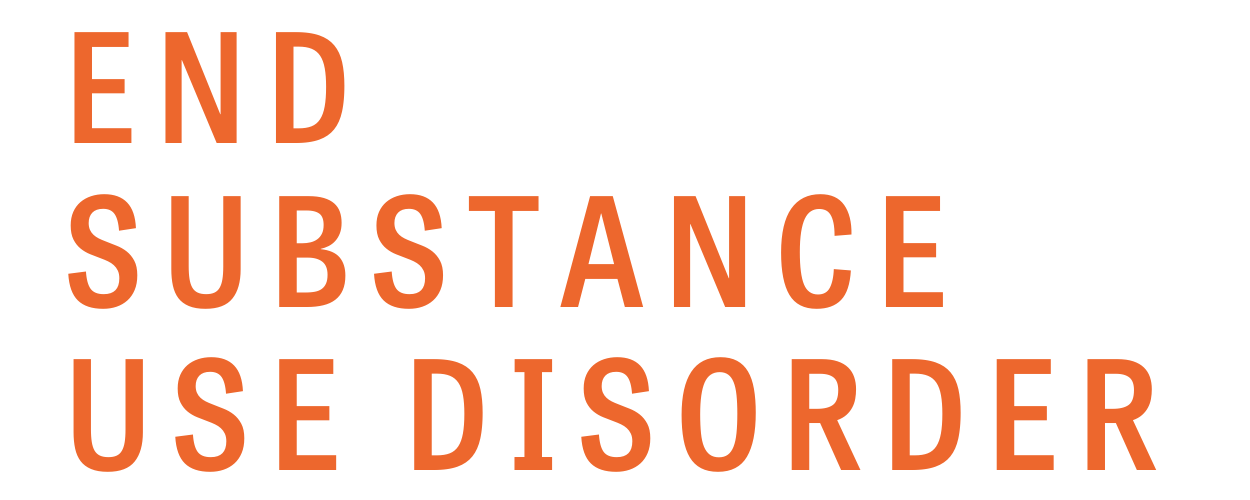End Substance Use Disorder Commends Senators for Introducing the Substance Use Prevention, Treatment, and Recovery Act
Today, Sen. Maggie Hassan (D-NH), Sen. Lisa Murkowski (R-AK), and Sen. Ben Lujan (D-NM) introduced the Substance Use Prevention, Treatment, and Recovery Act (S. 4301). The bill will strengthen federal block grants that fund substance use services and require the funding to be used only for treatments and programs that are proven to work. End Substance Use Disorder released the following statement:
“The overdose emergency is accelerating every day, taking the lives of hundreds of thousands of our loved ones,” said Erin Schanning, President of End Substance Use Disorder. “What is most tragic about this crisis is that we have the tools to prevent substance use disorder, to protect against overdoses, and to help those with the condition get better. But, far too many in need are not receiving these services due to stigma and the use of practices that are not grounded in science. Our taxpayer dollars should pay only for services that are proven to work. We must ensure that the solutions proven to prevent and treat substance use disorder and support recovery reach everyone in need. We applaud Senators Maggie Hassan, Lisa Murkowski, and Ben Lujan for investing in substance use programs that have a proven track record of saving lives.“
The block grant program is a critical source of funding for the nation’s substance use infrastructure. The program provides nearly one-fifth of state funding for substance use prevention, treatment, and recovery support services and support nearly 1.8 million people every year.
The Substance Use Prevention, Treatment, and Recovery Act contains many provisions that can help stem the tide of the substance misuse crisis, including:
Increasing funding for the block grant program from $1.9 billion to $3.2 billion.
Barring funds from going to recovery programs that are not evidence-based. For instance, organizations that refuse to serve individuals receiving medication-assisted treatment – which is the gold standard for opioid use disorder treatment – would not be able to receive funding.
Allowing a small amount of funds to be used to expand treatment services in jails and prisons.
Removing stigmatizing language from the program (by eliminating the term “substance abuse” and instead using “substance use disorder”).
The U.S. Senate is expected to consider this legislation in coming months as part of a bipartisan package to address the mental health and substance use disorder crises.
